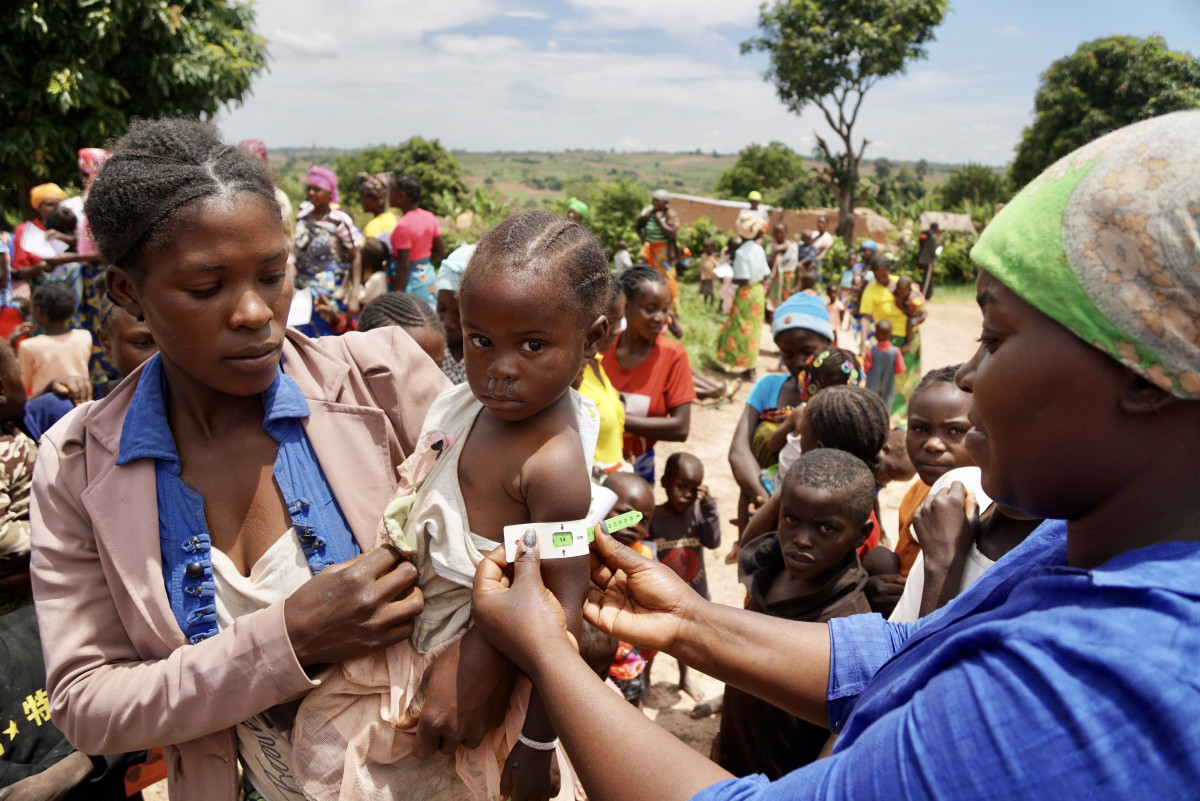Empowering civil society to fight malnutrition in Angola
Published: Apr 29, 2024 Reading time: 2 minutes Share: Share an articleWe address challenges faced in Angola by bringing an innovative nutritional approach to combat malnutrition, seeking to positively influence the future of Angolan society.

Angola, like many nations, faces significant health and nutrition challenges, especially among women, children, and adolescents. Malnutrition touches thousands of lives, demanding a bold and comprehensive response.
By actively involving civil society, government authorities, and traditional leaders, our initiative seeks to reshape the nutrition narrative in Angola. Empowering civil society is crucial to enabling organisations to demand change and, above all, to be a catalysing force in formulating and implementing innovative nutrition policies.
Within this project's scope, we enable civil society to lead, collaborate, and shape nutritional governance alongside the government to improve women's and children's nutrition. This initiative strives to inform and inspire behaviour change and promote unprecedented social mobilisation for nutrition. We aim to benefit 20 civil society actors, 150 representatives from government authorities, 90 traditional and leading religious leader representatives, and 540,000 women, adolescents, and children.
We will expand and replicate nutrition models, creating a solid foundation for the future. With a participatory approach, the project will achieve real and tangible improvements in the nutritional health of women, children, and adolescents in Angola.
Empowering civil society is not just a temporary intervention but an investment in lasting empowerment, promoting a continuous voice in decision-making. By working closely with government authorities, our initiative aims to ensure that nutritional improvements are sustainable in the long term.
The "Civil Society for Nutrition in Angola" project is being implemented in collaboration with the Association for the Development and Social Inclusion of Vulnerable Populations (ADESPOV) in the provinces of Huíla and Huambo and funded by the European Union. It is more than a response to nutritional challenges. By joining forces, this project empowers civil society and creates a platform for innovation.



